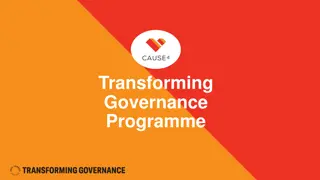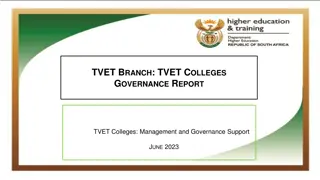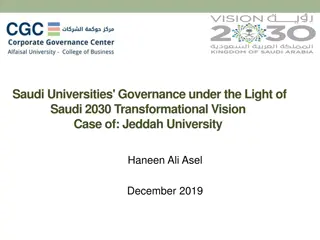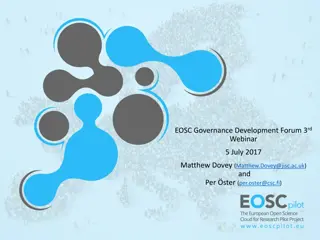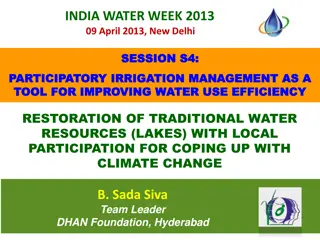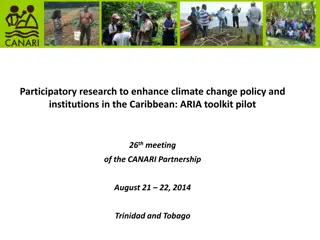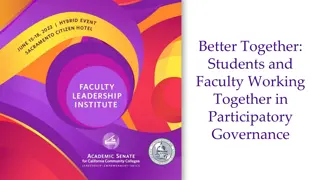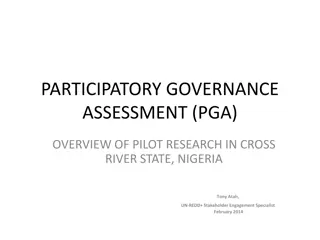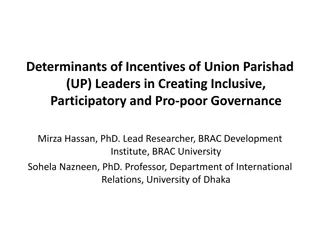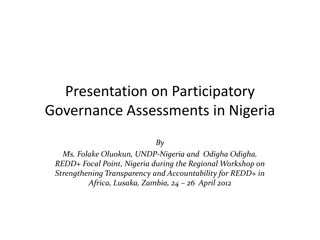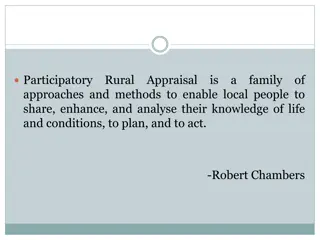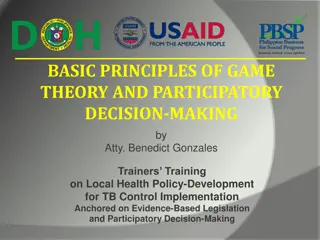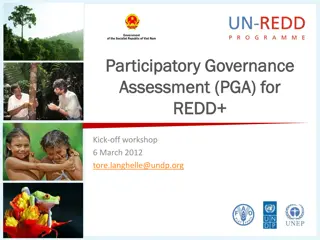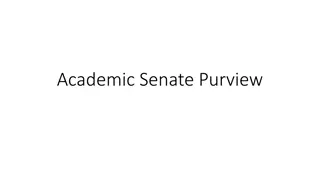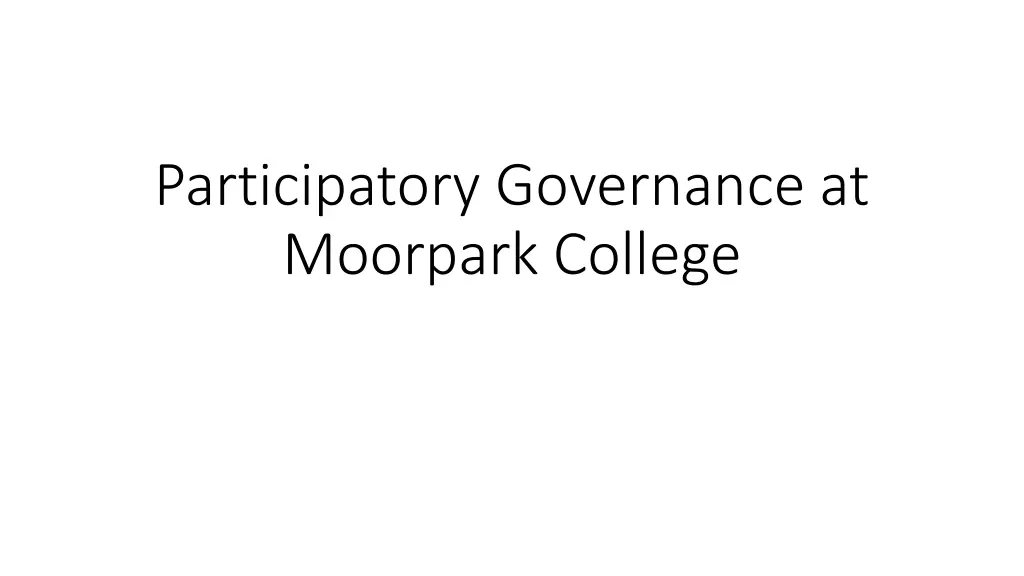
Moorpark College Participatory Governance Overview
Explore Moorpark College's participatory governance model, academic senate functions, curriculum committee structure, and academic matters in alignment with the college's mission of equity and social justice. Learn about the diverse community values and student-centered approach emphasizing educational goals and outcomes.
Download Presentation

Please find below an Image/Link to download the presentation.
The content on the website is provided AS IS for your information and personal use only. It may not be sold, licensed, or shared on other websites without obtaining consent from the author. If you encounter any issues during the download, it is possible that the publisher has removed the file from their server.
You are allowed to download the files provided on this website for personal or commercial use, subject to the condition that they are used lawfully. All files are the property of their respective owners.
The content on the website is provided AS IS for your information and personal use only. It may not be sold, licensed, or shared on other websites without obtaining consent from the author.
E N D
Presentation Transcript
Participatory Governance at Moorpark College
Moorpark College Mission Statement Grounded in equity, social justice, and a students first philosophy, Moorpark College values diverse communities. We empower learners from local, national, and global backgrounds to complete their degree, certificate, transfer, and career education goals. Through the integration of innovative instruction and customized student support, our programs are designed to achieve equitable outcomes.
Academic Senate and Standing Committees Academic Senate Distance Education Professional Development Curriculum FTCAP EdCAP Fiscal SEA SLO
Academic and Professional Matters (10+1) Title 5: 53200 1) Curriculum, including establishing prerequisites, and placing courses within disciplines 2) Degree and certificate requirements 3) Grading policies 4) Educational program development 5) Standards or policies regarding student preparation and success 6) District and college governance structures, as related to faculty roles
Academic and Professional Matters (10+1) Title 5: 53200 (Cont.) 7) Faculty roles and involvement in accreditation processes, including self-study and annual reports 8) Policies for faculty professional development activities 9) Processes for program review 10)Processes for institutional planning and budget development 11)Other academic and professional matters as mutually agreed upon
Curriculum Committee Membership Co-Chairs: Faculty member(s) appointed by Academic Senate Council Vice-President of Academic Affairs or designee Voting Members: One faculty from each academic department One faculty from ACCESS Articulation officer Faculty librarian Three deans, appointed by VPAA Non-Voting Members: Faculty rep for AFT Faculty CTE Liaison Classified staff Student appointed by Associated Students Academic Senate President
Curriculum Committee Charter In support of the college mission, the Curriculum Committee reviews and recommends New courses New programs Modifications to existing courses and programs Graduation requirements The charge includes these academic and professional matters (Title 5: 53200) Curriculum, including establishing prerequisites and placing courses within disciplines Degree and certificate requirements Educational program development
Curriculum Committee: Curriculum Flowchart Faculty develop curriculum Curriculum Committee Board of Trustees District Technical Review Workgroup Instructional (DTRW-I) Technical Review Workgroup Chancellor s Office

